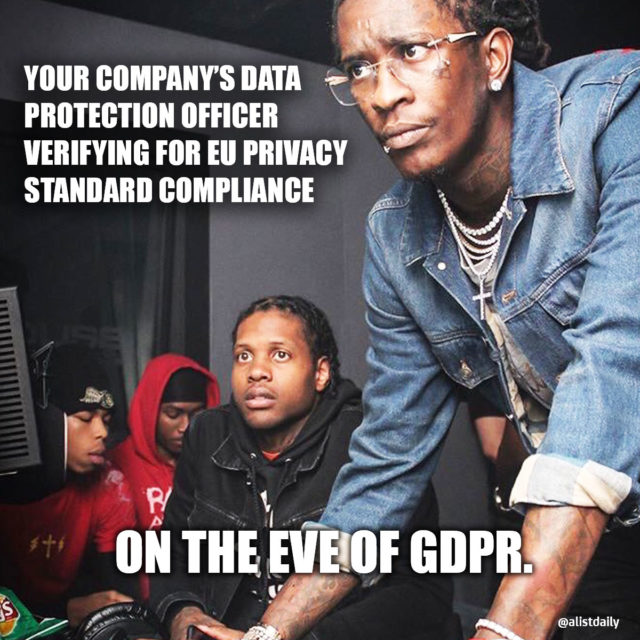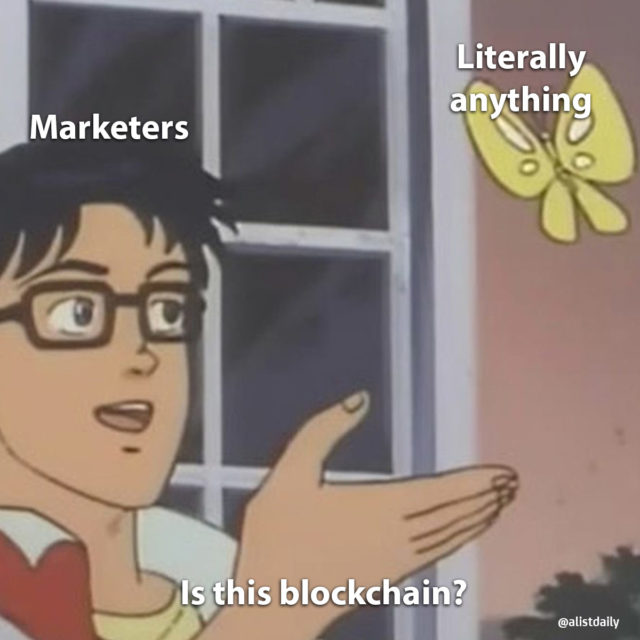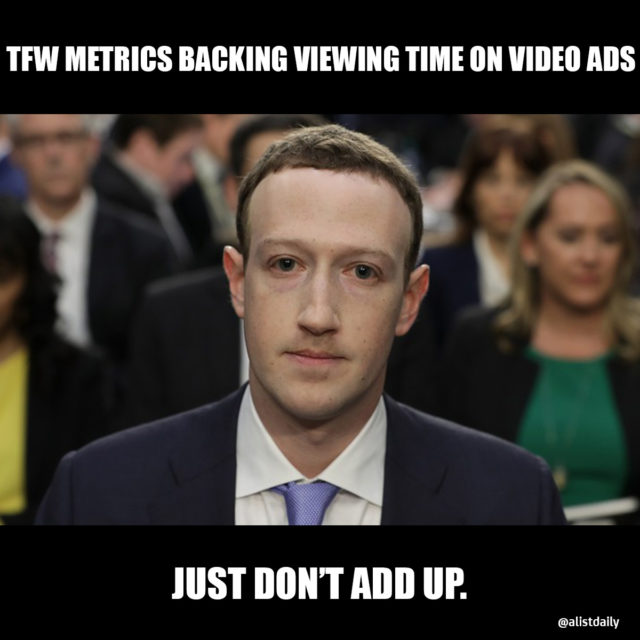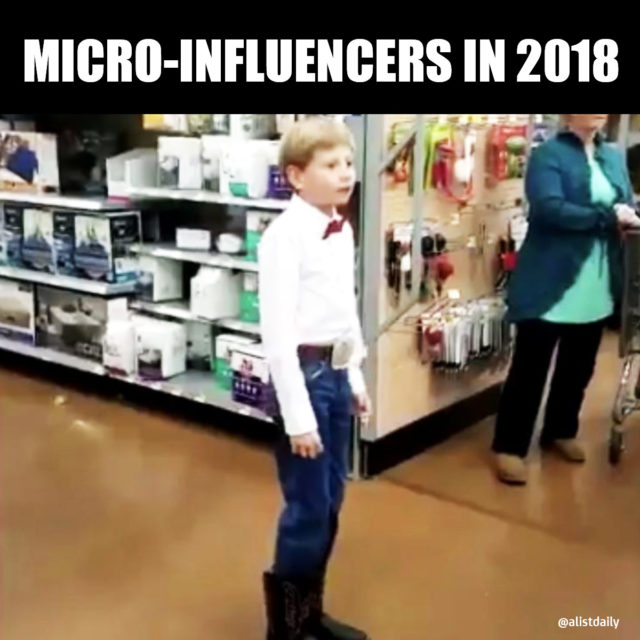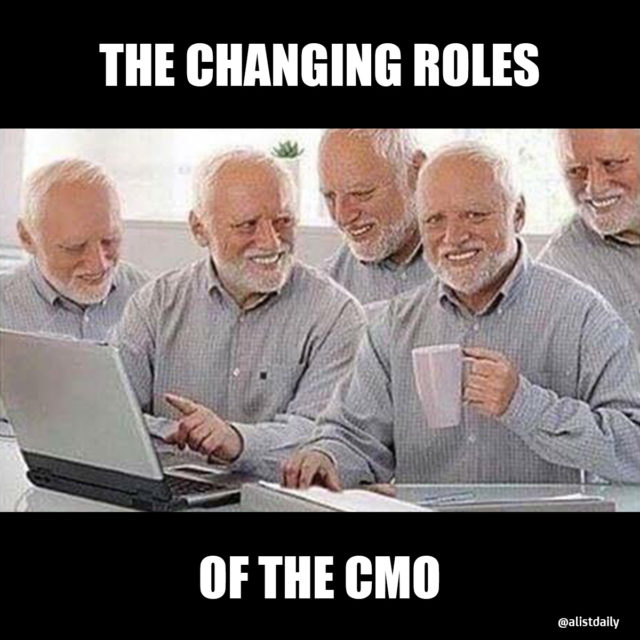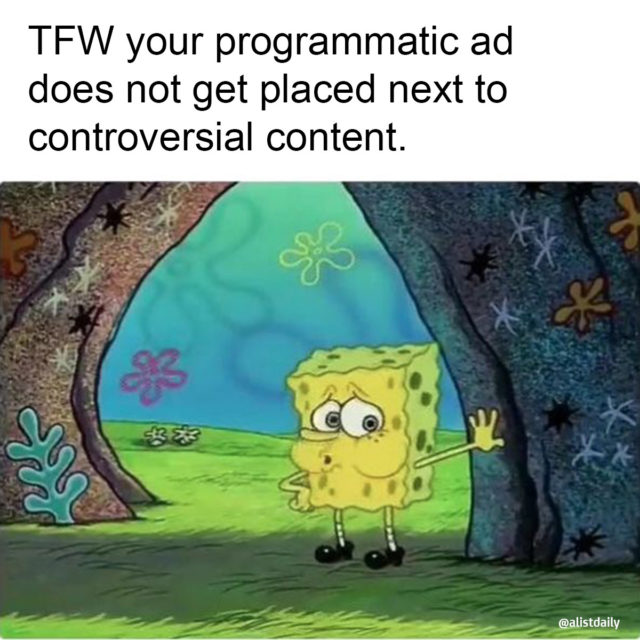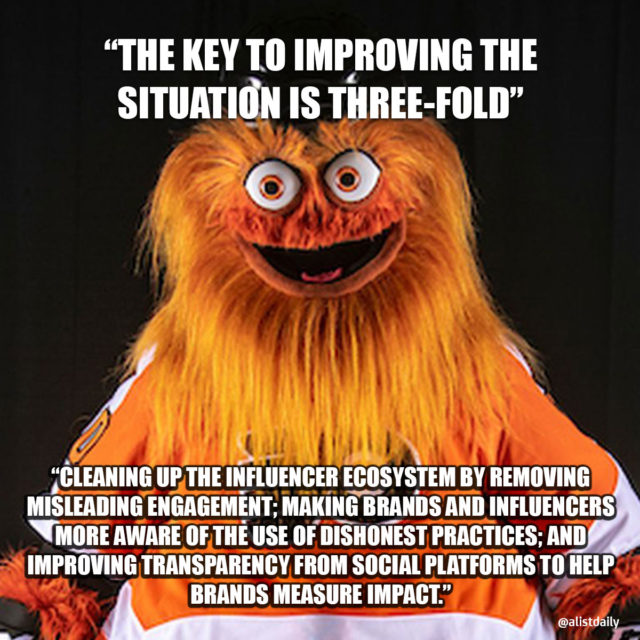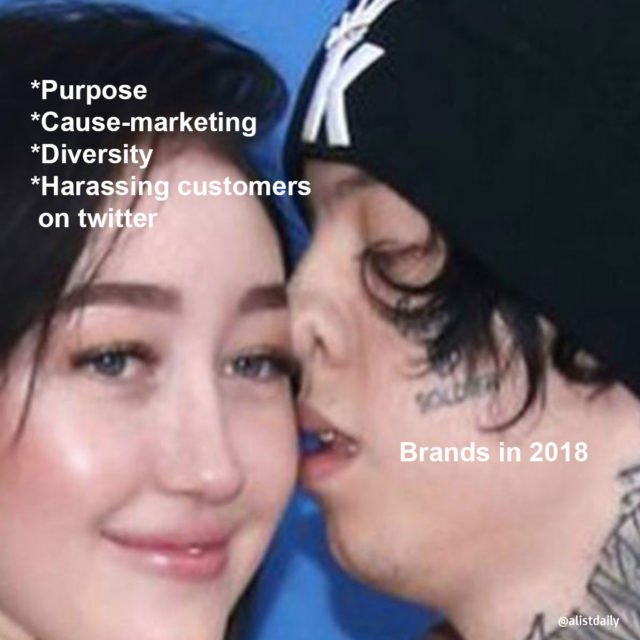This week in social media news, Facebook is in talks to sell premium TV, surprises New Yorkers with privacy advice, tests search ads and makes life event posts more elaborate, Pinterest is inspiring US marketers, Instagram adds voice messaging feature to DM’s and Facebook might predict where you’re going. Also, the government is definitely watching your Twitter, Instagram offers data to creators and Snapchat partners with Adidas with augmented reality.
Facebook In Talks To Offer HBO, Other TV Subscriptions
Purchasing HBO and other premium TV subscriptions may soon be available on social networks like Facebook beginning next year, Recode reports.
Why it matters: TV and social media have strong ties, especially during live episodes and around premieres. Facebook understandably wants to get in on that action as it continues its push for Facebook Watch and other video offerings—not to mention another stream of revenue. The question is, why would users pay to watch HBO on Facebook when they can watch it on HBO Now? Social integration could be the key.
Details: Facebook is in talks to act as a reseller for premium TV channels including HBO, Showtime and Starz, sources told Recode. Subscribers would then be able to watch the channels on Facebook, most likely from the Watch hub.
Pinterest Will Attract 32 Percent Of US Marketers This Year
The number of US marketers that use Pinterest continues to rise, according to predictions by eMarketer.
Why it matters: Pinterest leverages consumers’ needs to discover new ideas organically, but with the help of a clever recommendation engine. In February, Pinterest reported that there were 600 million monthly visual searches on its platform, a 140 percent increase from 250 million a year earlier. Marketers are taking advantage of the site’s rising popularity through integrated Pins and ecommerce.
Details: EMarketer forecasts that 31.9 percent of US marketers will use Pinterest in 2018, up from 29.1 percent in 2017. As a result, Pinterest’s US ad revenues are expected to reach $553.3 million in 2018.
Facebook Brings ‘Privacy Pop-up’ To Manhattan
Facebook has set up shop in Manhattan’s Bryant Park to hand out hot cocoa and answer questions about privacy.
Why it matters: While advertisers continue to spend on the platform, user sentiment has dropped and youngsters are leaving in favor of Instagram and Snapchat. Facebook has already hosted these pop-up events in London, Dubai, Dublin, Ireland and Cologne, Germany. Face-to-face contact with users allows the brand to address concerns and make a more intimate connection.
Details: Facebook users can find the brand set-up in Manhattan’s Bryant Park Thursday, where team members will answer questions and demonstrate how to navigate the site’s privacy settings.
Instagram Offers More Data To Influencers With Creator Accounts
Select Instagram users are being offered “Creator Accounts” that provide access to data normally reserved for businesses.
Why it matters: One of the biggest complaints popular Snapchat users had was that the company didn’t treat them as an asset or provide data that could help them drive traffic. While Snapchat is slowly trying to remedy this, Instagram became a popular alternative for creators looking for more statistics such as follower counts. With Creator Accounts, influencers can access even more information that will help drive personal business decisions.
Details: Instagram has offered a select number of creators the opportunity to try its new “Creator Account.” The move recognizes influencers as entrepreneurs and allows them to sort messages, review data and more. The test will roll out to more high-profile users in 2019.
Snapchat Partners With Adidas For Trying On Virtual Shoes
Adidas has launched a sponsored AR lens that lets users “try on” the new Ultraboost 19 shoes before they hit stores.
Why it matters: Augmented reality continues to surpass VR adoption for several reasons, one of which is the ease in which a user can visualize purchases. This is reportedly the first time in which Snapchat has offered a shoe filter. Snapchat is leveraging its popular Lens feature to encourage ecommerce and attract high-paying brand partners.
Details: Snapchat users can see what the new Adidas Ultraboost 19 runners look like on their feet, thanks to a sponsored Lens. The shoes go on sale December 15, but the AR effect lets users imagine what they would look like on their feet. Tapping on the Adidas logo in the menu bar of Snapchat’s lenses activates the AR experience. It starts with an unboxing video, then lets people try them on or get more information.
Governments Demand More Info From Twitter, The Company Reports
Alongside its Transparency Report, Twitter said that global governments are requesting more information than in previous years.
Why it matters: Government interference has been a tradition since the invention of the government. However, in a digital age, users are much more aware of the implications and social media makes spreading propaganda as easy as a mouse click. On the flip side, governments in which freedom of expression is much more limited are demanding more takedowns.
Details: Twitter reported that it received 6,904 government requests for information on 16,882 accounts. Demands do not necessarily warrant a response, however. Twitter turned over at least some data in 56 percent of cases. The US requested the most information, followed by Japan and the UK. Turkey and Russia requested the most takedowns of data.
Facebook Tests Ads In Search Results
Advertisers may soon have the ability to choose search results as a placement option for advertising.
Why it matters: As more advertisers shift funds to Instagram, Facebook is on the lookout for new marketing real estate. Search result ads appear with a “sponsored” label, much like Google Adwords.
Details: A small beta test is being conducted in the US and Canada for retail and automotive brands. Participants can select “search results” as a placement option on static image and carousel ads, but no video at this time. Should the test prove successful, Facebook could roll out the new placement to other brands and regions.
Life Events Get Special Treatment On Facebook
Life events from getting a new job to losing a loved one can now be shared in a more creative way.
Why it matters: Life event posts encourage users to engage with one another and will most likely serve as a flag for advertising data, i.e. new families, new job, etc.
Details: Facebook announced new ways to commemorate moments in a user’s life. This includes animated photos and videos. Users can select images from a gallery of provided artwork, their own images or those belonging to tagged friends and Pages. An icon can be added to represent the update and the post will be prominently displayed on a user’s profile.
No Need To Type, Instagram Brings Voice Messaging To DM’s
Instagram added a voice messaging feature to its direct messages.
Why it matters: Instagram finally caught up to Facebook–they’ve had the feature in its Messenger platform for a long time. However, voice messages are the favored way of communication, so better to be late than never, right?
Details: Users can record messages by holding down the microphone button and instantly send once you release the button. Don’t like the embarrassing thing you recorded? Don’t freak out, users can re-record by sliding your finger over to the trash can button to delete it.
Instagram Focuses On Hashtags To Create #InstaGiftGuide
#InstaGiftGuide pairs 34 gift-worthy products and six 2018 hashtag trends to create a holiday shopping guide.
Why it matters: There are a lot of products on Instagram and many ways to shop, so it can hard to narrow down on gift ideas. #InstaGiftGuide makes it easier by searching famous hashtags like #catsofinstagram.
Details: Instagram combined its essential elements, brands and hashtags, to develop the #InstaGiftGuide. Earlier this year, the platform developed two new ways to shop via stories and its shopping channel in Explore. Among the hashtags linked to the #InstaGiftGuide are #tutting, #oddlysatisfying and #vaporwave.
Facebook Filed Three Patents To Figure Out Your Next Move
Location tracking is going up a notch and Facebook wants to figure out your next move.
Why it matters: Facebook wants to advertise to users in the best way and it includes when you’ll be offline and where you’re going after work. This might not be uneasy news for some, after Facebook’s notorious security breach exposed the personal information of over 50 million users.
Details: Facebook has filed several patent applications in order to figure out when a user is going next and when they’ll be offline. The first patent “Office Trajectories” describes a tech method that predicts where a user is going based on previously logged locations. The second patent “Location Prediction Using Wireless Signals on Online Social Networks,” gauges the strength of Wi-Fi, Bluetooth, cellular and near-field communication (NFC) signals to figure out your location–more precisely than GPS. Its third patent focuses on targeted advertising based on movement patterns, so it will alert you to promotions if you’ve visited two locations related to another pairing.
Snapchat Tests New Photo Features
Snapchat is testing several camera features that originated on Instagram.
Why it matters: Instagram took everything Snapchat was famous for and ran with it, leaving the disappearing-message app in a tough position competitively. Two can play at that game, but can Snapchat play the game well?
Details: As spotted by developer and social media sleuth Jane Manchun Wong, Snapchat is testing several camera modes: portrait, gridline, batch and timer. Portrait mode–those selfies blurred background–are all the rage, so as a “camera company,” Snapchat is wise to catch up.
YouTube Rewind Is The Sites’ Second-Most Disliked in History
YouTube’s attempt at celebrating its creators backfired when it excluded some of the year’s most-watched content.
Why it matters: Bt excluding creators that got into hot water, audiences felt that YouTube was being disingenuous and catering only to potential advertisers.
Details: Each year, YouTube creates a montage that pays tribute to its creators and most notable moments in the last 12 months. When audiences viewed the collection, however, they didn’t appreciate the absence of notable creators. PewDiePie and Logan Paul, among others. Leaving certain offenders out of the annual video could be meant to discourage repeat performances, but many audience members felt disappointed that rising starts were omitted.
Editor’s Note: Our weekly social media news post is updated daily. This installment will be updated until Friday, December 14. Have a news tip? We’re looking for changes to and news surrounding social media platforms as they relate to marketing. Let us know at editorial@alistdaily.com.

